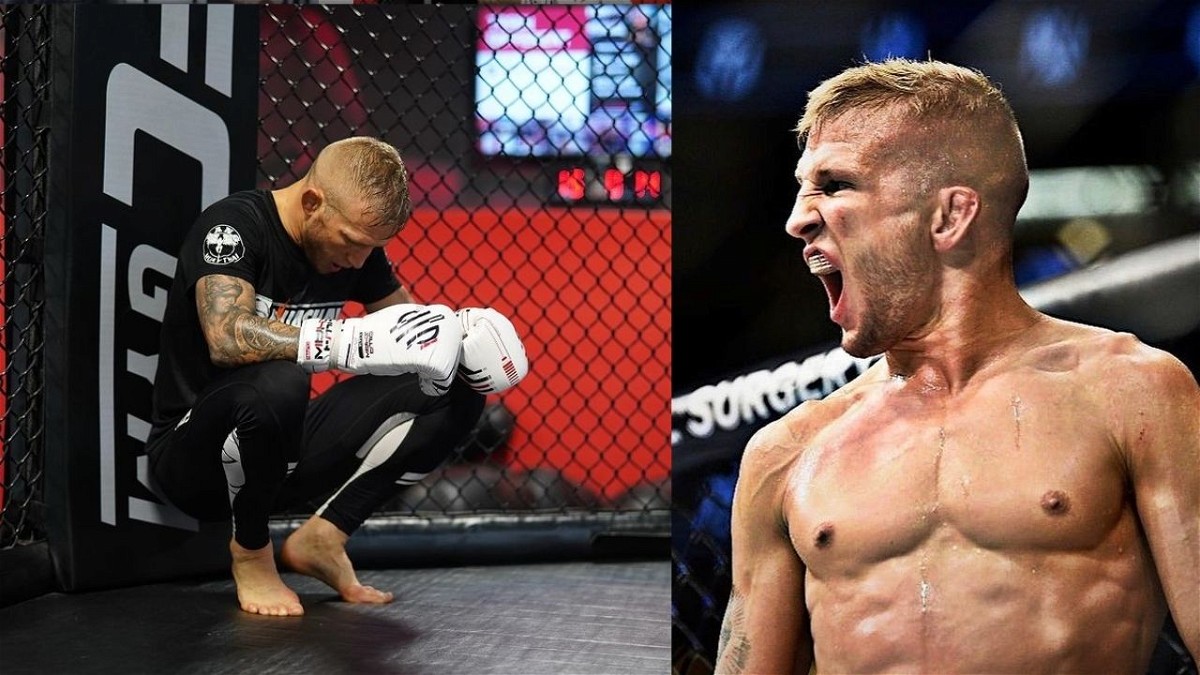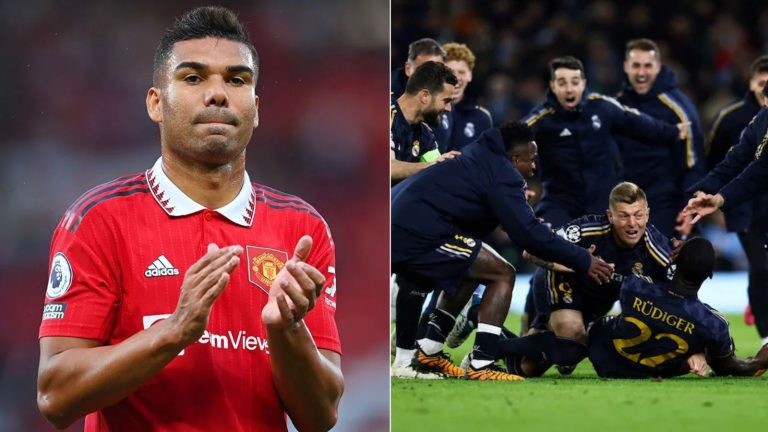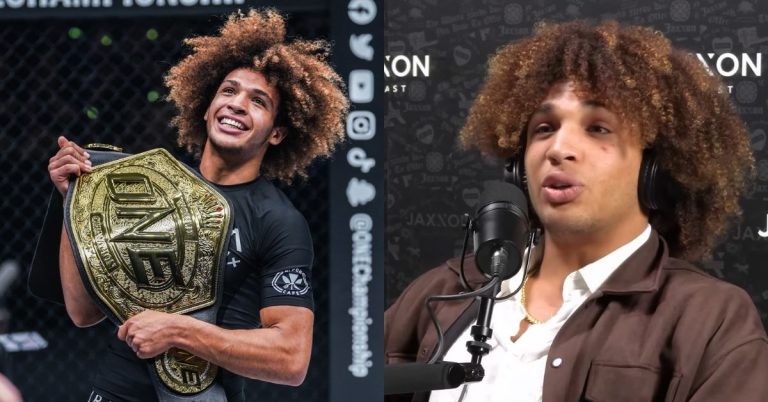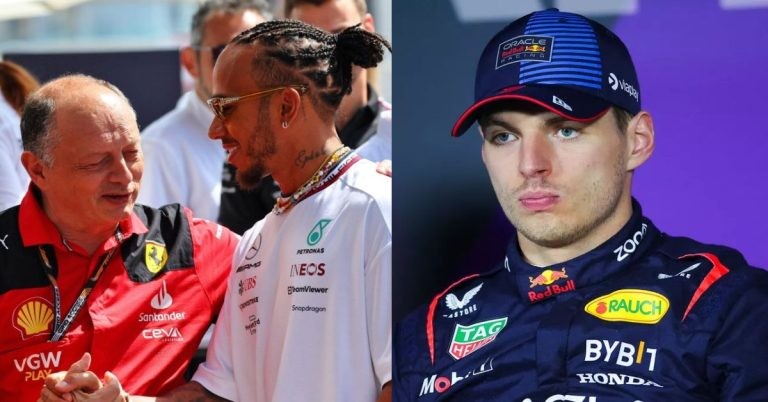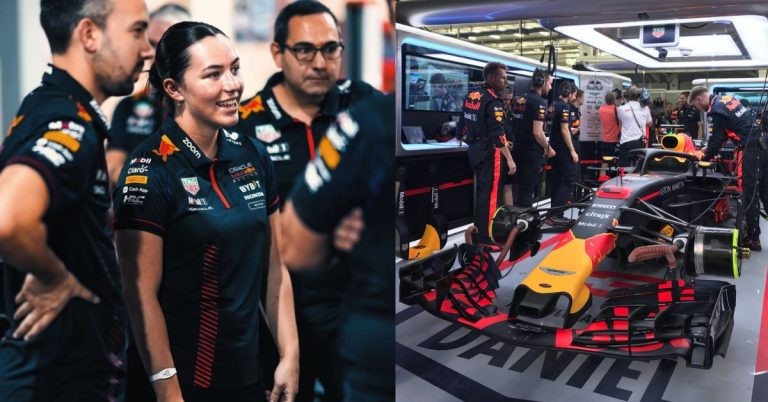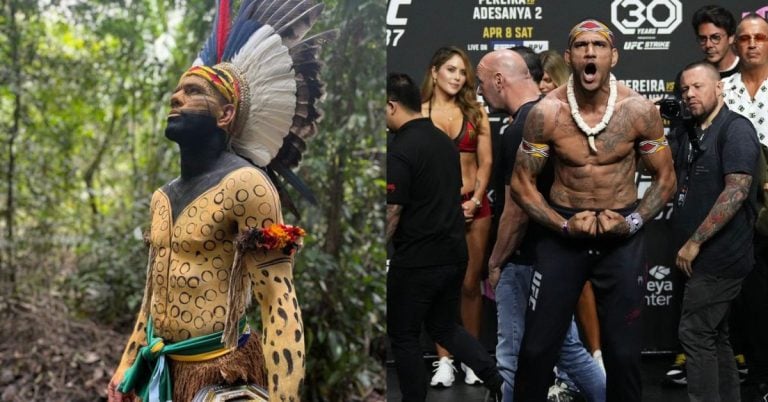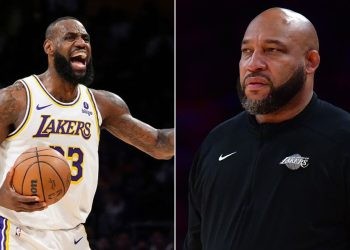TJ Dillashaw will look to create history as he takes on Aljamain Sterling for the UFC Bantamweight Champion in an attempt to become a three-time UFC Champion at UFC 280 in Abu Dhabi.
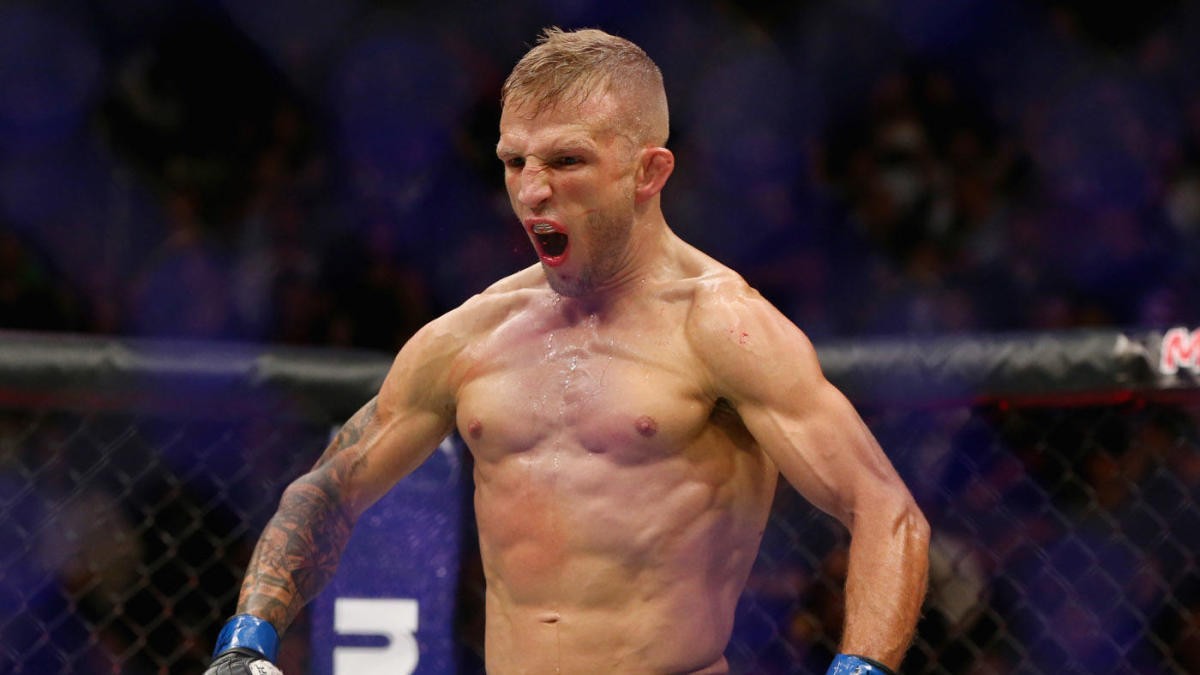 While a lot of fans are aware, many are still clueless as to why TJ Dillashaw did not compete for over two years after his loss to Henry Cejudo and why was he stripped of his bantamweight title.
While a lot of fans are aware, many are still clueless as to why TJ Dillashaw did not compete for over two years after his loss to Henry Cejudo and why was he stripped of his bantamweight title.
TJ Dillashaw was handed a two-year suspension after testing positive for EPO
TJ Dillashaw was handed a two-year ban after he tested positive for one of the dirtiest drugs an athlete can ever take after his urine sample popped for recombinant human erythropoietin (rHuEPO) aka EPO.
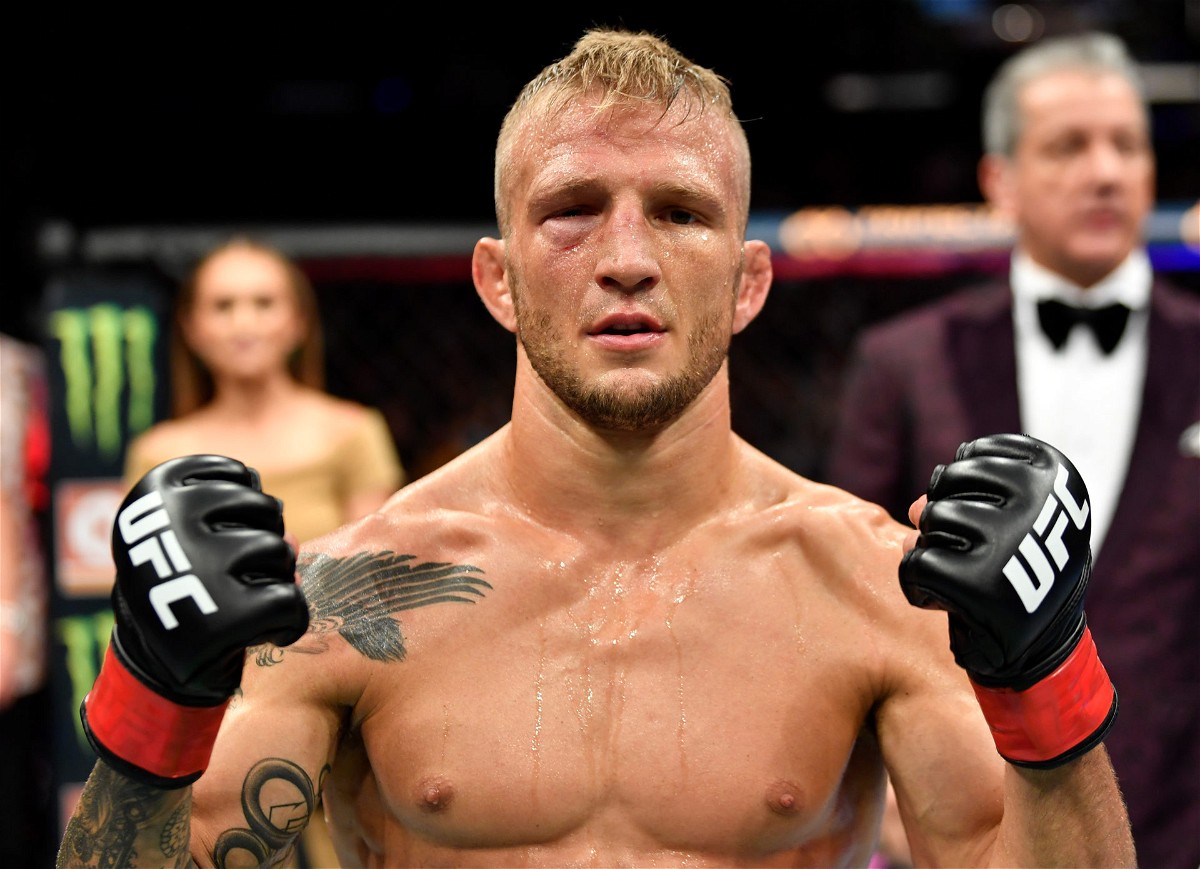
USADA handed TJ Dillashaw a two-year ban and stripped him of his Bantamweight title in January 2019 after his fight against Henry Cejudo for the UFC flyweight championship. While it’s not the first instance that a fighter tested positive for a performance-enhancing drug, or PEDs, TJ Dillashaw’s case was a little different and demanded more attention and scrutiny.
Why is EPO such a dangerous drug in combat sports?
TJ Dillashaw’s positive test for EPO brought significant attention to the usage of PEDs in mixed martial arts, bringing the former bantamweight champion under the criticism of several UFC fighters, and rightfully so.
As a PED, EPO has been banned since the 1990s, only coming to light after the 2000’s when testing was first administered in the 200 Summer Olympics. The drug has a history of being used by cyclists to increase performance with tests in Australia indicating that an athlete can achieve the results in four weeks that an athlete is aspiring to achieve over several years.

TJ Dillashaw has served his time and is looking to bounce back and not think about his past mistakes ahead of what promises to be an exciting match-up against a bright young prospect in the form of Cory Sandhagen.
Also Read: Conor McGregor and His Dirty Habit of Holding Onto Opponent’s Gloves During Fights

